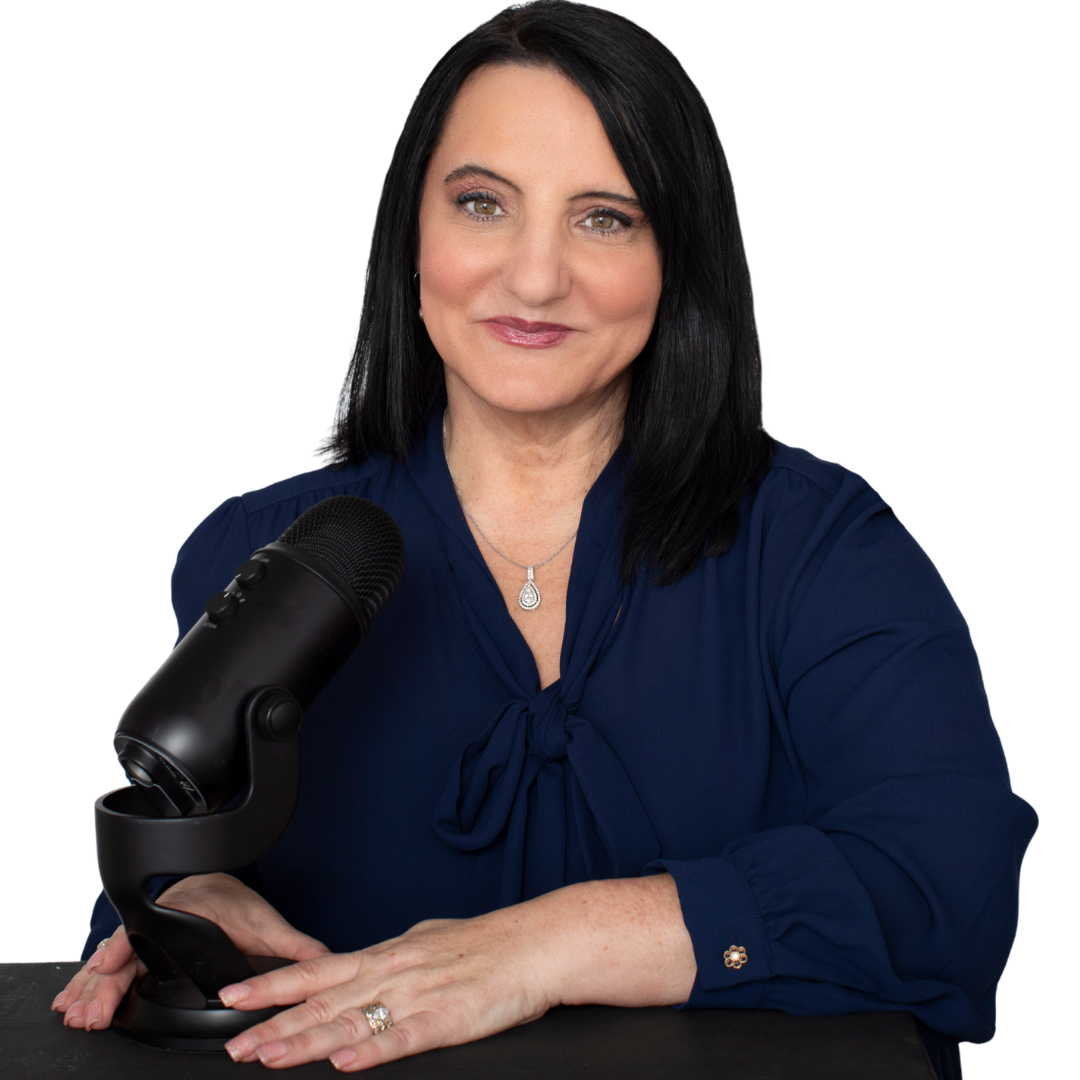Estimated Reading Time: 4 minutesWhen your child is melting down over the smallest thing, it’s easy to wonder if you’re missing something big. So many parents never realize that what their child eats can directly impact anxiety, focus, and emotional control.In this episode, I break down the three foods that make anxiety worse and the simple swaps that help kids feel calmer, more regulated, and more in control.
Sugar and processed carbs can send a dysregulated child into a full spiral. These foods spike blood sugar, then cause a hard crash that fuels irritability and anxious behavior. They also disrupt calming neurotransmitters like serotonin and GABA.A parent recently told me that after swapping cereal and juice for turkey roll ups, her son was noticeably calmer by lunchtime. Small change, big shift.Try this instead:
What to avoid:
Parents are searching for this every day, and yes, dyes like Red 40 and additives like MSG or aspartame can overstimulate the nervous system. Sensitive kids often react with poor sleep, irritability, or impulsivity.One mom shared that her daughter was out of control for days after a single dye filled candy. Removing dyes led to calmer days and fewer emotional eruptions.Try this instead:
Avoid:
For some children, absolutely. Gluten in the US is often sprayed with pesticides that irritate the gut and trigger inflammation. Since the gut and brain are tightly connected, that inflammation can increase anxiety and even panic.Dr. Roseann shared how her nephew’s anxiety improved once they discovered he had celiac disease.Swaps to try:
Signs gluten may be a trigger:
Yes, and it doesn’t require perfection. Removing even one trigger for 30 days can create a big difference in mood, sleep, and focus. The goal is to calm the brain first with consistent whole food choices.Start with:
If behavior is communication, then diet is information for the brain. Your child’s nervous system responds to what you put on the plate.If you’re tired of walking on eggshells or feeling like nothing works…Get the FREE Regulation Rescue Kit and finally learn what to say and do in the heat of the moment.Become a Dysregulation Insider VIP at www.drroseann.com/newsletter and take the first step to a calmer home.🗣️ “These changes may feel hard at first, but they’re deeply worth it. You’re not just managing your child’s anxiety today; you’re supporting their long term brain health and emotional resilience.” — Dr. Roseann
Supporting an anxious or dysregulated child starts with calming the brain, and food is one of the fastest ways to do that. Small, simple swaps can help your child feel safer, more focused, and more regulated. It’s gonna be OK.
Whole foods like protein, healthy fats, berries, nuts, and complex carbs support stable blood sugar and calm behavior.
Yes. Sugar causes spikes and crashes that increase irritability, anxiety, and impulsivity.
Many kids react to dyes with mood swings, sleep problems, or hyperactivity. Removing them often brings quick improvements.
Not for every child, but kids with sensitivity may see anxiety, stomach issues, or behavior dysregulation until it’s removed.
Some kids show improvements within days, especially when sugar or dyes are removed consistently.Next Step:Tired of not knowing what’s really going on with your child? The Solution Matcher gives you a personalized recommendation based on your child’s behavior, not just a label.It’s free and takes just a few minutes.Go to www.drroseann.com/help

